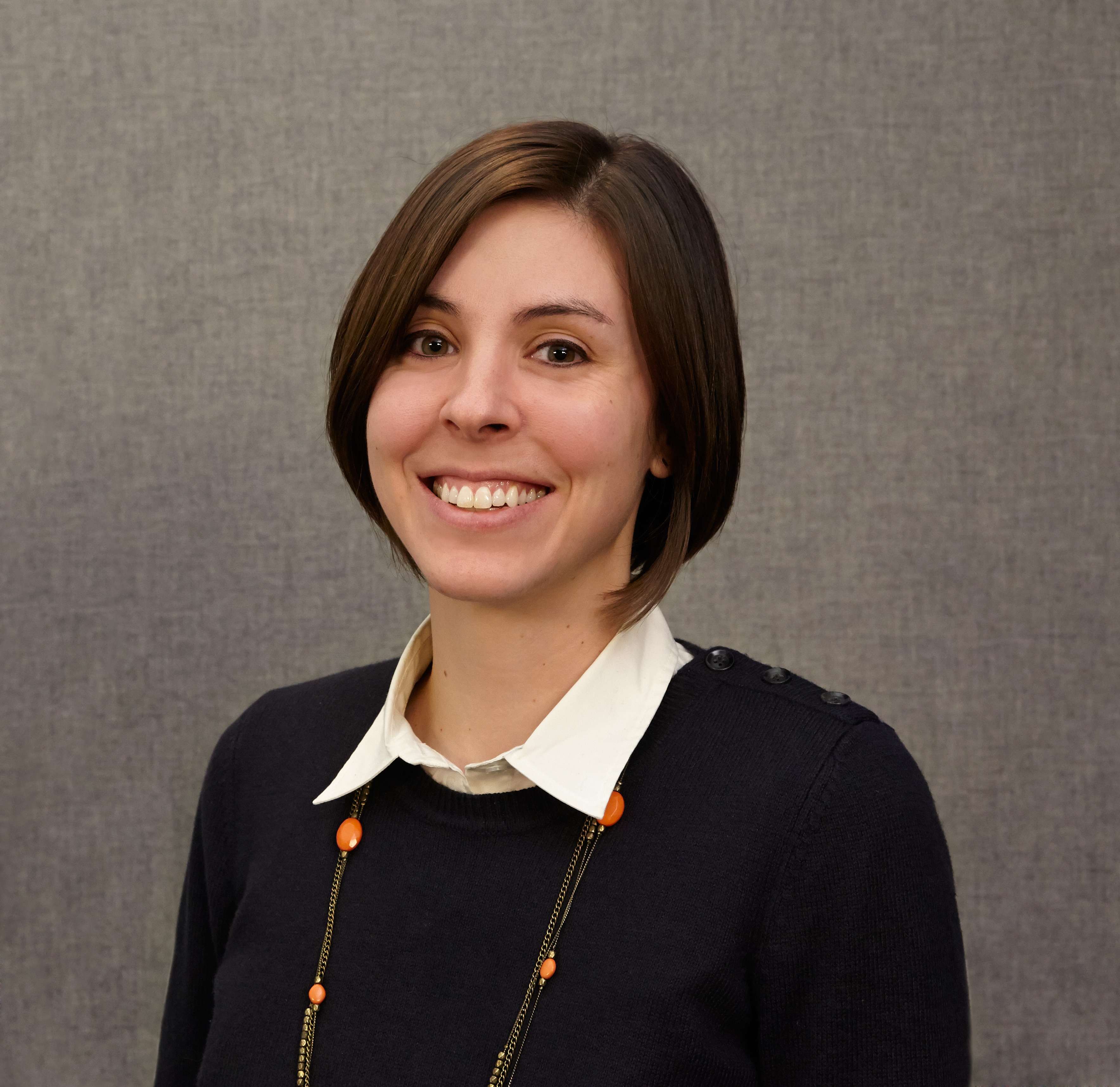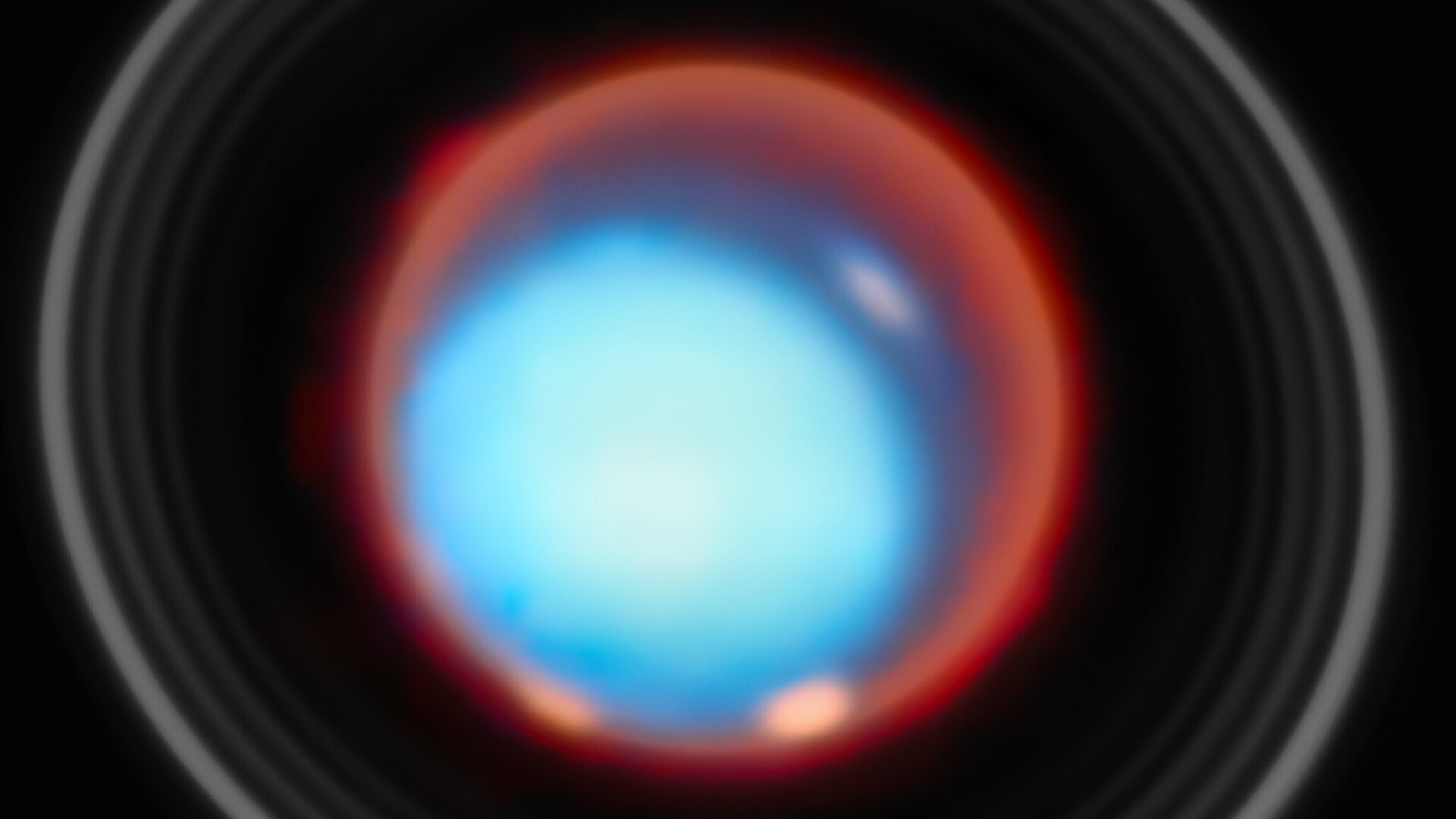
SpaceX Investigating Small Leak in Rocket Scheduled for Saturday Launch

Breaking space news, the latest updates on rocket launches, skywatching events and more!
You are now subscribed
Your newsletter sign-up was successful
Want to add more newsletters?

Delivered daily
Daily Newsletter
Breaking space news, the latest updates on rocket launches, skywatching events and more!

Once a month
Watch This Space
Sign up to our monthly entertainment newsletter to keep up with all our coverage of the latest sci-fi and space movies, tv shows, games and books.

Once a week
Night Sky This Week
Discover this week's must-see night sky events, moon phases, and stunning astrophotos. Sign up for our skywatching newsletter and explore the universe with us!

Twice a month
Strange New Words
Space.com's Sci-Fi Reader's Club. Read a sci-fi short story every month and join a virtual community of fellow science fiction fans!
Update for 6 a.m. ET, Feb. 18: Elon Musk says SpaceX is go for launch today. In a Twitter post late Friday, he wrote: "Looks like we are go for launch. Added an abort trigger at T-60 secs for pressure decay of upper stage helium spin start system."
SpaceX CEO Elon Musk says his company is investigating a "(very small) leak" on the upper stage of a Falcon 9 rocket scheduled to launch Saturday (Feb. 18) to deliver NASA cargo to the International Space Station.
"Investigating a (very small) leak in the upper stage. If ok, will launch tomorrow," Musk wrote on Twitter at 12:45 p.m. ET (1745 GMT) today (Feb. 17). Liftoff is scheduled for 10:01 a.m. EST (1501 GMT) on Saturday from Launch Pad 39A at NASA's Kennedy Space Center. You can watch the launch live in a webcast here starting at 8:30 a.m. EST (1330 GMT), courtesy of NASA TV.
SpaceX President Gwynne Shotwell told reporters Friday that the issue is a helium leak on the Falcon 9 upper stage. SpaceX engineers are studying the issue and the company continues to work toward a Saturday morning launch.
"We found a helium leak in the spin system on the second stage,," Shotwell said during a press conference at Pad 39A, which SpaceX is leasing from NASA for Falcon rocket launches. "We'll continue to work root cause today and make sure we're back on track for a 10:01 (a.m.) liftoff tomorrow. As far as I know right now, we're going to proceed with the count and go into it."
The Falcon 9 is slated to carry supplies and science experiments to the space station as part of SpaceX's 10th cargo resupply mission for NASA. The mission, dubbed SpaceX-10, will also be the first SpaceX rocket to take off from Kennedy Space Center's refurbished historic Launch Pad 39A.
SpaceX-10 is SpaceX's second launch of 2017. The company successfully lofted 10 satellites into orbit for the Virginia-based company Iridium on Jan. 14. SpaceX-10 will be the second flight for SpaceX following the loss of a Falcon 9 during a launchpad test on Sept. 1, 2016.
Breaking space news, the latest updates on rocket launches, skywatching events and more!
Editor's note: Space.com staff writer Sarah Lewin contributed to this report from NASA's Kennedy Space Center in Cape Canaveral, Fla. This story was originally posted at 1:15 p.m. EST and updated to include more details on the helium leak from SpaceX's Gwynne Shotwell.
Follow Calla Cofield @callacofield.Follow us @Spacedotcom, Facebook and Google+. Original article on Space.com.

Calla Cofield joined Space.com's crew in October 2014. She enjoys writing about black holes, exploding stars, ripples in space-time, science in comic books, and all the mysteries of the cosmos. Prior to joining Space.com Calla worked as a freelance writer, with her work appearing in APS News, Symmetry magazine, Scientific American, Nature News, Physics World, and others. From 2010 to 2014 she was a producer for The Physics Central Podcast. Previously, Calla worked at the American Museum of Natural History in New York City (hands down the best office building ever) and SLAC National Accelerator Laboratory in California. Calla studied physics at the University of Massachusetts, Amherst and is originally from Sandy, Utah. In 2018, Calla left Space.com to join NASA's Jet Propulsion Laboratory media team where she oversees astronomy, physics, exoplanets and the Cold Atom Lab mission. She has been underground at three of the largest particle accelerators in the world and would really like to know what the heck dark matter is. Contact Calla via: E-Mail – Twitter
